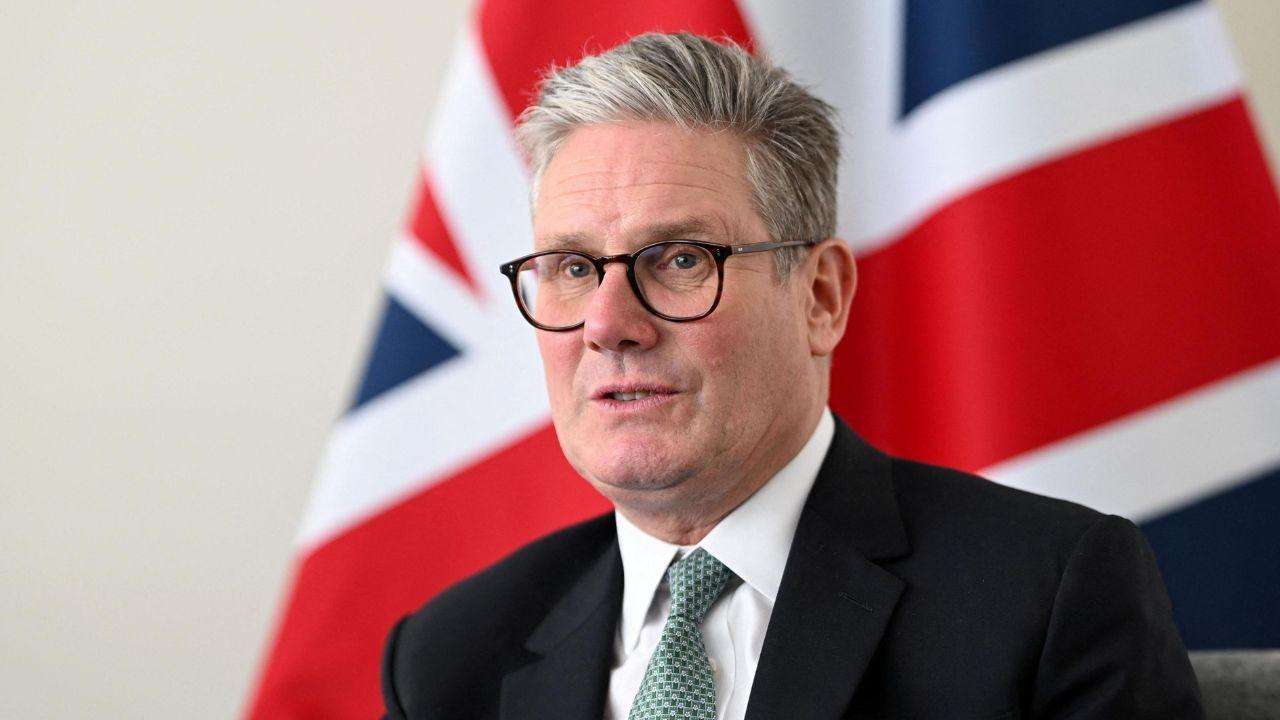Sir Keir Starmer is set to appear before senior MPs on Tuesday, as financial markets show signs of stabilizing following recent turmoil caused by new tariffs announced by Donald Trump.
The Prime Minister will face the Liaison Committee on the final sitting day before Parliament breaks for Easter. The mood in the markets appeared to be improving, with London’s FTSE 100 climbing over 1% shortly after opening, rebounding from several days of losses. This followed a more optimistic tone in Asian markets after a turbulent period.
The easing comes just ahead of the next wave of US tariffs, which will take effect early Wednesday. These include a 20% levy on imports from EU countries and 24% on goods from Japan. Trump also threatened a dramatic 50% tariff hike on Chinese imports in response to China’s retaliatory 34% rate, sparking fears of an escalating global trade war.
China responded firmly, with its commerce ministry stating that the US approach amounts to “blackmail” and warning of further countermeasures if the US continues on this path.
In the UK, Health Secretary Wes Streeting raised concerns about the potential impact of a trade war on the country’s supply of medicines and other essential goods, calling the situation highly volatile. He said efforts are ongoing to maintain access to critical supplies despite the uncertainty.
The UK Government is currently trying to negotiate a deal with Washington to reduce or remove tariffs on British exports, including a 10% duty on general goods and a 25% levy on vehicles, steel, and aluminium. However, Streeting emphasized that any agreement would not include the sale of the NHS or patient data.
The topic of US tariffs is expected to feature heavily in Sir Keir’s meeting with the Liaison Committee. Other key issues likely to be addressed include the ongoing war in Ukraine, tensions in the Middle East, and the US decision to engage in direct nuclear talks with Iran.
President Trump signaled on Monday that he was unwilling to pause tariffs for negotiations and hinted that the levies could become permanent fixtures, used either for leverage or as a revenue source—despite differing opinions within his administration.
While the UK has yet to respond with its own tariffs, a 417-page list of potential US goods has been prepared should the government choose to retaliate. Business Secretary Jonathan Reynolds dismissed the idea that restraint from the UK would signal weakness, arguing that a calm, strategic approach better serves the country’s interests and supports the goal of a fairer trade relationship with the US.
_3.jpg)







.svg)


